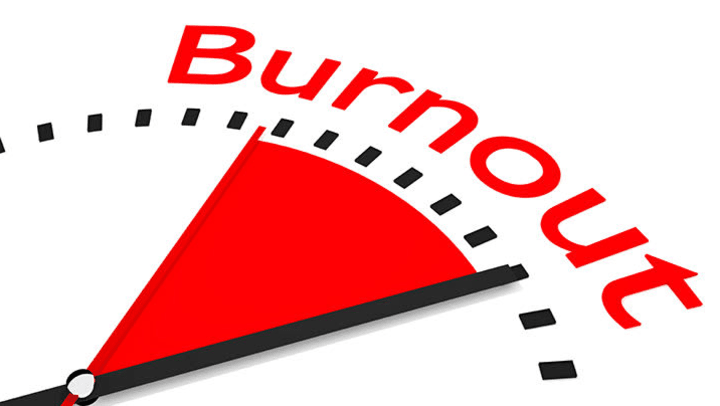You've probably heard of the term 'caregiver burnout,' or you're at least acquainted with the stressful situations that come from caring for a loved one.
Although we're familiar with these hazards, many caregivers feel changing their situation is an impossible task. These feelings are usually accompanied by physical, emotional, and financial health neglect as well. By denying the impact that these duties have on the mind and body, the caregiver is only enabling a deep burnout to take place and thrive. So, what are some of the risks of ignoring the signs of burnout and just accepting the situation?
- If you're not attuned with yourself, you will be unable to perform your caregiving duties correctly; potentially leading to harm against your loved one.
- Depression, fatigue, and migraines.
- Losing your temper and becoming angry and aggressive with your loved one.
- What are some signs of burnout?
- One telltale sign is an overshadowing sense of dread. For instance, each night, an agonizing feeling derived from thoughts of the next day's duties makes you sick to your stomach. And in the morning, the same feelings emerge the moment your eyes open.
- Another sign is yelling and losing control over your emotions. This should be addressed immediately.
- How can caregivers sustain themselves and preserve the integrity of their care plan?
- Join a support group.
- Seek a professional counselor.
Try a self-assessment tool to help gauge your burnout. Check out the Zarit Burden
Interview Packet to determine stress levels and what that could mean for you and then seek the appropriate help.
Find out more about caregiver burnout by reading the entire Aging Care article here


